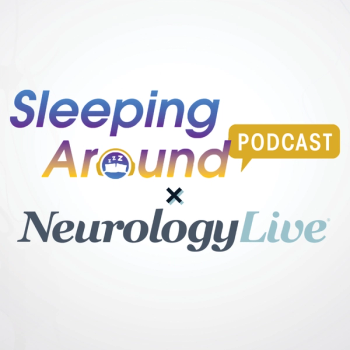
Sleeping Around the Podcast × NeurologyLive brings you a clinical overview of the use of erenumab, an FDA-approved medication for migraine, and the interactions between CGRP and orexin.

Sleeping Around the Podcast × NeurologyLive brings you a clinical overview of the use of erenumab, an FDA-approved medication for migraine, and the interactions between CGRP and orexin.
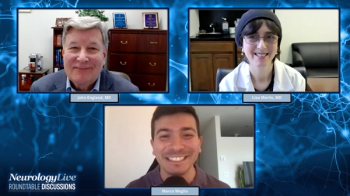
In this episode, the panel discusses the emerging challenges for neurology departments, the shortage of neurologists, and the ways to disseminate between useful and useless information amid a busy career.

The use of a blood test significantly improved diagnostic accuracy compared with standard clinical evaluations for Alzheimer disease, especially in primary and secondary care settings.
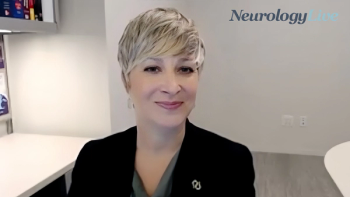
The vice president of scientific engagement at Alzheimer's Association talked about recent studies that highlight the progress made in blood biomarker tests for diagnosis, the impact of air pollution on brain health, and promising treatments for Alzheimer disease. [WATCH TIME: 8 minutes]
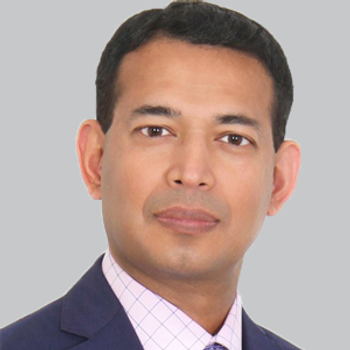
Although the primary endpoint of cerebral glucose metabolic rate change was not met, secondary endpoints showed significant benefits in brain volume and cognitive measures, further supporting the potential of GLP-1 agonists in AD.

CT1812, a sigma-2 receptor ligand, showed favorable changes in biomarkers like Aß40, Aß42, and neurofilament light (NfL), indicating its potential as a synaptoprotective agent.

Higher MIND diet scores correlate with larger hippocampal volume in older adults, suggesting potential benefits for brain health.

John England, MD, and Lisa Merlin, MD, commented on the significant changes to neurology over the years and how education aligns with the latest in treatments advancements and understanding of neurological disorders.

To ensure participant safety, all boys who received the gene therapy in the clinical program will be followed up for long-term safety monitoring.
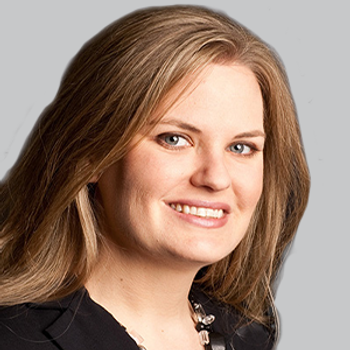
A study recently presented at AAIC 2024 showed that higher consumption of processed red meat significantly increased the risk of dementia and cognitive decline among adults in the United States.

The director of the Brain Health Observatory at the University of Southern California discussed the potential impact of Alzheimer disease blood tests on reducing clinic wait times and improving the diagnostic process in primary care.
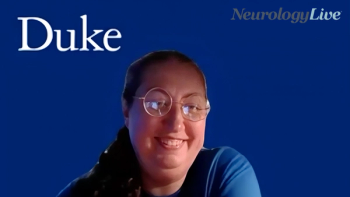
The assistant professor at Duke University School of Nursing talked about a project aimed at developing a music-based mobile app to improve sleep for individuals with dementia and their caregivers. [WATCH TIME: 5 minutes]
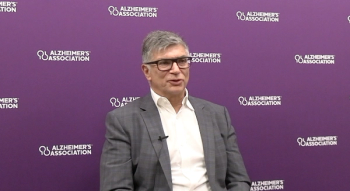
The co-founder and chief science officer at Longeveron provided commentary on the therapeutic potential of Lomecel-B, a living cell product in development for patients with Alzheimer disease. [WATCH TIME: 3 minutes]

The duo provided insight on a number of key sessions clinicians and neurology educators should attend at the upcoming AUPN Annual Meeting.

A small clinical trial showed RG6289 dose-dependently altered amyloid-ß monomers in CSF, supporting its development for Alzheimer's disease.
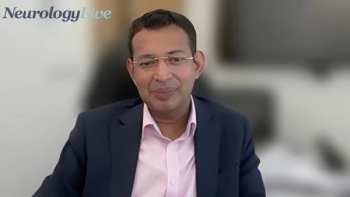
The professor of neuroscience at Imperial College London talked about results from a study assessing a glucagon-like peptide-1 analogue, liraglutide, in patients with Alzheimer disease. [WATCH TIME: 5 minutes]

In Latino individuals, larger household size negatively affects MoCA scores, while higher education positively impacts cognitive outcomes, per SERVE OC trial data.
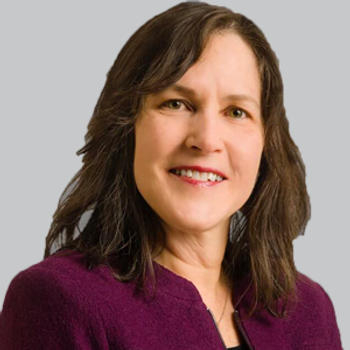
Over a 6-month treatment period, changes in apathy for methylphenidate-treated patients were not associated with performance on the remaining cognitive tests.

Panelists John England, MD, FAAN, and Lisa Merlin, MD, discuss the main objectives of the upcoming AUPN Annual Meeting, set to take place September 14th in Orlando, Florida.
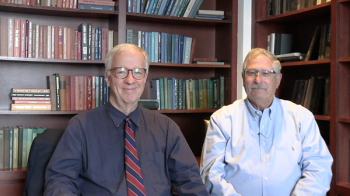
The chief medical officer at Eisai provided context towards the ongoing initiatives to further the efficacy and safety profile of lecanemab, an FDA-approved treatment for early Alzheimer disease. [WATCH TIME: 3 minutes]
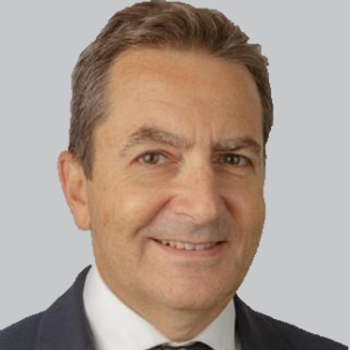
The trial will use phase 2a to determine the optimal dosage while phase 2b will assess efficacy and long-term safety of the optimized dose against a placebo arm.
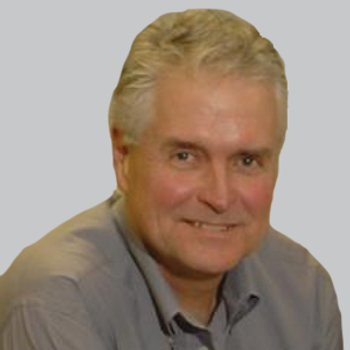
The drug showed a strong safety profile and met primary endpoints, showing efficacy in slowing clinical and biological decline and supporting further investigation in a phase 2/3 trial.
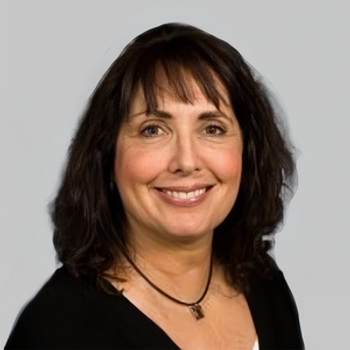
Marketed as Zunveyl for mild-to-moderate Alzheimer disease, ALPHA-1062 is considered a new-generation acetylcholinesterase inhibitor with expected minimal gastrointestinal adverse events.

A duo of experts talked about the association of long-term exposure to fine particulate matter from wildfires and the increased risk of dementia among older adults. [WATCH TIME: 7 minutes]

Here's some of what is coming soon to NeurologyLive® this week.

The vaccine induced a specific humoral immune response, positively affecting several AD-related biomarkers, and showed potential as a treatment for AD, with further trials planned.

The director of the Brain Health Observatory at the University of Southern California talked about integrating blood tests into primary care to better triage patients with Alzheimer disease, reduce unnecessary referrals, and shorten appointment wait times. [WATCH TIME: 7 minutes]
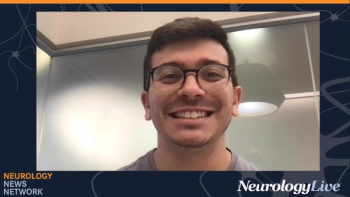
Neurology News Network. for the week ending July 27, 2024. [WATCH TIME: 4 minutes]

Test your neurology knowledge with NeurologyLive®'s weekly quiz series, featuring questions on a variety of clinical and historical neurology topics. This week's topic is on congenital muscular dystrophy.

Lantheus's acquisition of NAV-4694 aims to enhance early Alzheimer’s disease detection and complement their PET imaging tools, potentially improving diagnosis, staging, and treatment monitoring.